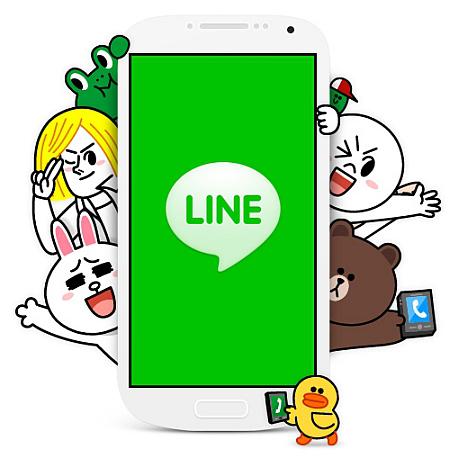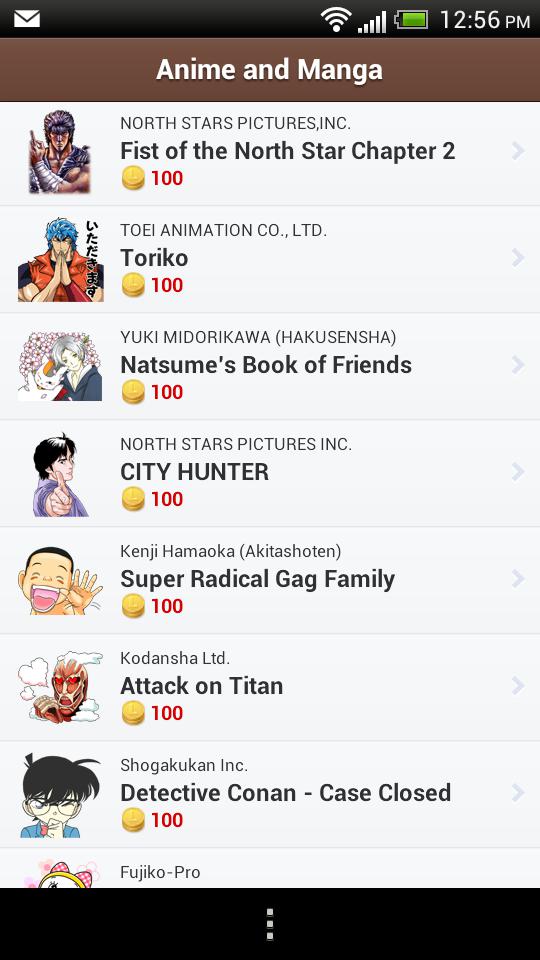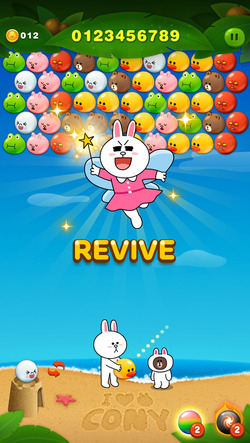Do you think journalists are good people? Probably not, if you watch TV.
In the media, journalists are portrayed as nosey and rude. Even if they’re asking questions everyone is curious about, most of us are trained to “mind our own business.” Even friends and loved ones who have accompanied me to interviews are shocked.
“Lauren, was it really polite to ask that man how much money he makes?” they say.
Perhaps not. But my job isn’t about being “polite.” It’s about telling the public what it needs to know. If that source had declined my question, I wasn’t going to press him. But as every journalist knows, if you don’t ask the question in the first place, you’ll never get an answer.
The Society of Professional Journalists’ Code of Ethics states:
“Recognize that private people have a greater right to control information about themselves than do public officials and others who seek power, influence or attention. Only an overriding public need can justify intrusion into anyone’s privacy.”
This is where journalists can get it wrong. It’s up to the individual reporter to decide just what constitutes an “overriding public need” big enough to outweigh a person’s privacy.
A lot of people think that Newsweek didn’t have a good reason to expose Satoshi Nakamoto’s private life, especially when there’s still doubt about whether he’s the real inventor of Bitcoin. Likewise, some people criticized Gawker for unmasking an infamous Reddit troll, compromising his privacy for no other reason than that it was interesting. The gray area comes from not knowing whether “public interest” counts as “public need.”
In my upcoming book, I wrote a whole chapter on ethical journalism, especially in fandom reporting. My hypothesis is that people only notice when we get it wrong, and when they do, they assume we’re trying to get better ratings by publishing lies. This is at the heart of the journalism profession’s slimy reputation.
I’m no angel myself, and my readers rightfully call me out each time I make a mistake. But it’s not that journalists are an especially unethical group. It’s that journalism contains an ethical gray area that few professions do. And each time a journalist begins a new article, sometimes several times a day, she has to reconsider her ethical obligations anew.
Read next:
Corruption, scandal, and fandom journalism
A definition of ethics in fandom journalism
Screenshot of my favorite unethical journalist, Niko Ohno, from Engaged to the Unidentified.








